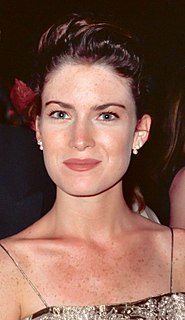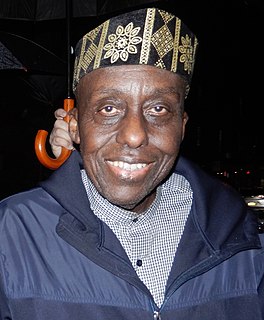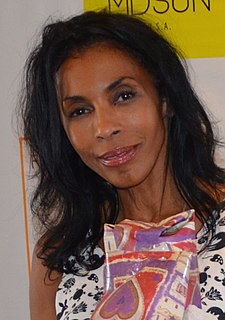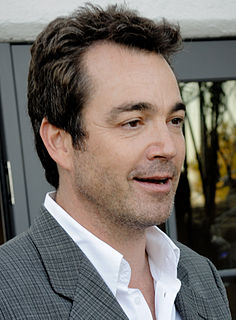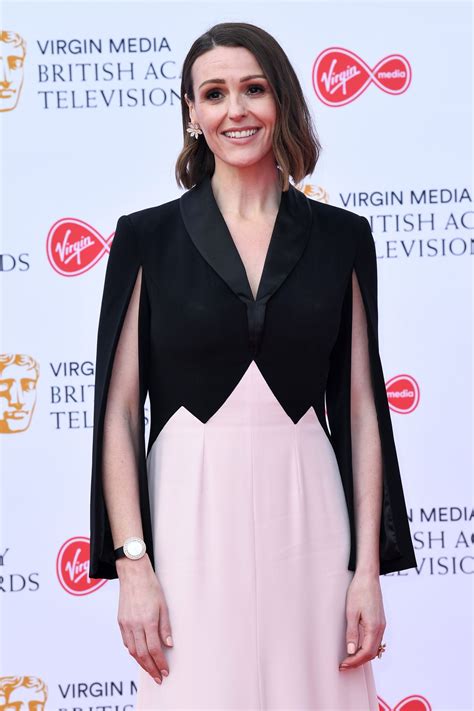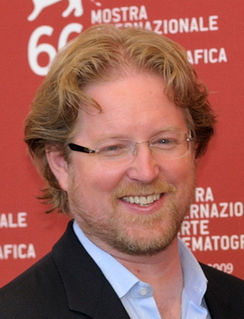A Quote by Temple Grandin
What do I do when I go home? Work. That's basically my social life. I'm married to work.
Related Quotes
Getting married is great, and I feel really good away from the court, and my private life and stuff is good. But you still need to train and work hard. Like, I didn't go on a honeymoon after we got married; I went to Barcelona and trained for 10 days to get ready for the clay-court season. It's been good, but you still have to put the work in.
In Philly, there are a lot of social programs. If you have a degree, you can go and apply. I was basically a social worker, but I became sort of a sub teacher in a special program, helping kids with reading or math. But we would also do plays, learn about music... We were doing lots of fun stuff, but that was such hard work.
I am always working on the go. I have never had an office that I work out of and work has become intertwined with my personal life. Fortunately I am able to work from my home and can answer my e-mails in the morning, play tennis or kitesurf in the afternoon to keep fit and have meetings or phone calls in between.



